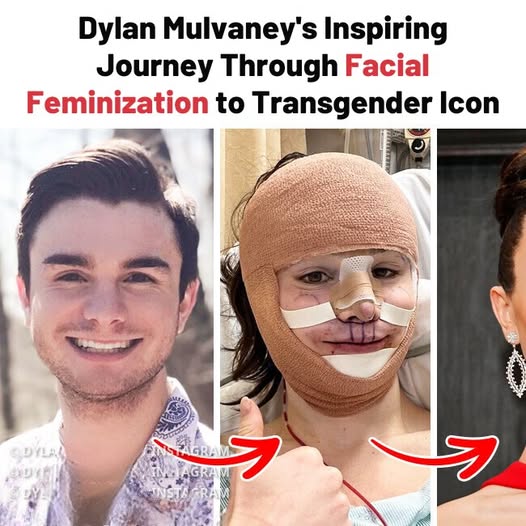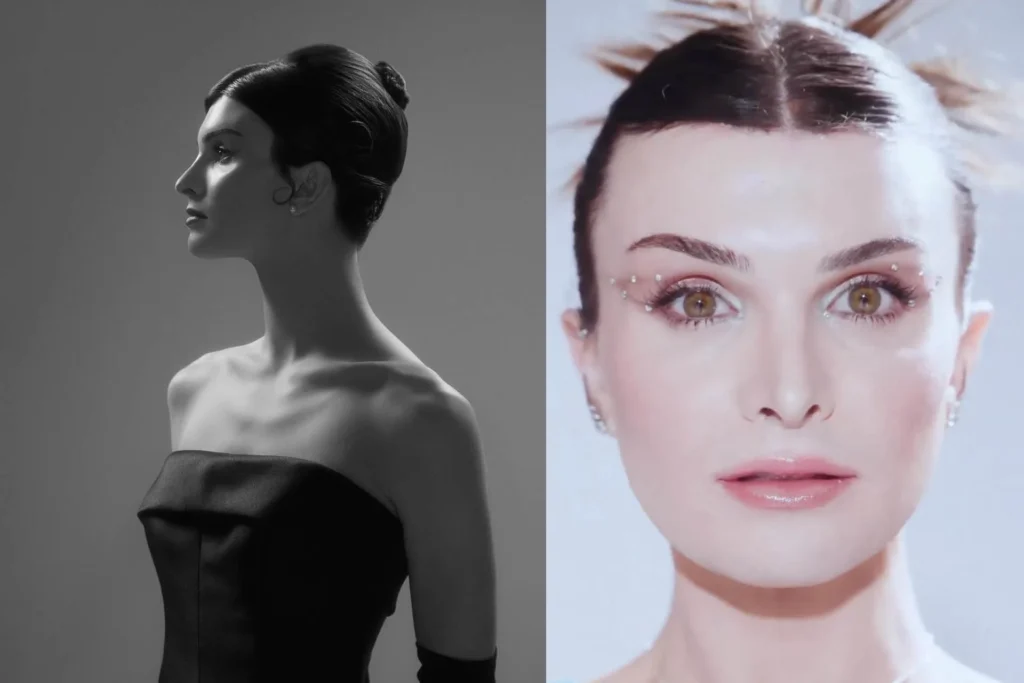
Dylan Mulvaney’s TikTok journey began with a bang. Her follower count hit 1 million within just 5 days of starting her daily journal. Dylan, who first realized she wanted to be a girl at the age of 4, decided to share her transformation journey with the world.
By documenting her experiences on social media, Dylan became an unexpected transgender icon. A professional actress, comedian, and transgender rights activist, she used her platform to offer insight and support.
In 2020, Dylan faced unemployment and couldn’t pursue her passions. She downloaded TikTok, initially thinking it was “just an app for kids.” After coming out as a woman, she launched her series “Day X of Being a Girl,” where she openly shared her transition journey.

What made Dylan stand out was her approach. Unlike others, she started documenting from the very beginning of her journey. Originally meant for family and friends, her videos evolved into a resource for both trans individuals and allies.
Her content isn’t just for the LGBTQ+ community. Dylan finds joy in inspiring people to embrace who they are. Thousands of supportive messages keep her motivated, and her relatable style feels like chatting with a close friend.
Recently, Dylan underwent facial feminization surgery (FFS), which involves procedures to make facial features appear more feminine. This can include altering the forehead, nose, chin, and jaw, along with augmenting lips and cheeks. Dylan shared that FFS was essential for addressing her gender dysphoria and wants it recognized as an important form of gender-affirming healthcare.

Dylan returned to social media after the surgery with a new look, debuting it at the 2023 Grammy Awards. She acknowledged her privilege in accessing the procedure and continues to advocate for her community.
Named “Woman of the Year” by Attitude magazine and included in Forbes’ 30 Under 30, Dylan’s journey hasn’t been without challenges. Updating her passport to reflect her gender led to backlash, but she remains strong.
Dylan concludes, “I want respect for myself and my community. I’m happy to be who I am.”
